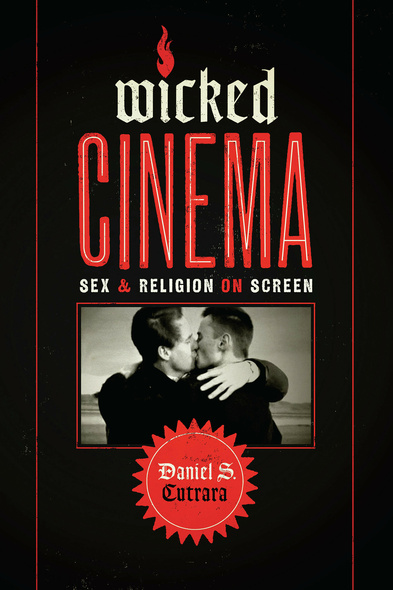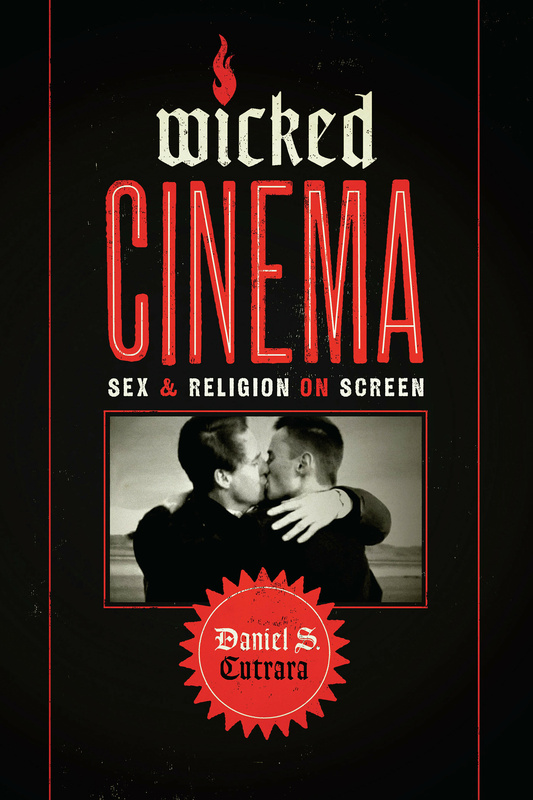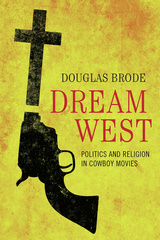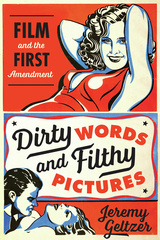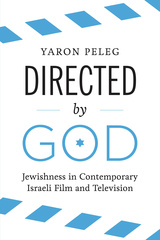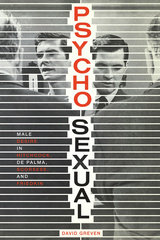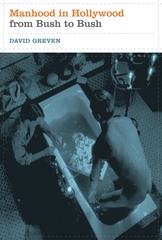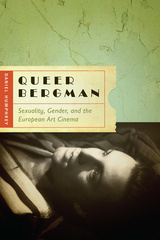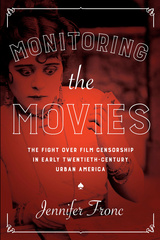From struggles over identity politics in the 1990s to current concerns about a clash of civilizations between Islam and Christianity, culture wars play a prominent role in the twenty-first century. Movies help to define and drive these conflicts by both reflecting and shaping cultural norms, as well as showing what violates those norms. In this pathfinding book, Daniel S. Cutrara employs queer theory, cultural studies, theological studies, and film studies to investigate how cinema represents and often denigrates religion and religious believers—an issue that has received little attention in film studies, despite the fact that faith in its varied manifestations is at the heart of so many cultural conflicts today.
Wicked Cinema examines films from the United States, Europe, and the Middle East, including Crimes and Misdemeanors, The Circle, Breaking the Waves, Closed Doors, Agnes of God, Priest, The Last Temptation of Christ, and Dogma. Central to all of the films is their protagonists’ struggles with sexual transgression and traditional belief systems within Christianity, Judaism, or Islam—a struggle, Cutrara argues, that positions believers as the Other and magnifies the abuses of religion while ignoring its positive aspects. Uncovering a hazardous web of ideological assumptions informed by patriarchy, the spirit/flesh dichotomy, and heteronormativity, Cutrara demonstrates that ultimately these films emphasize the “Otherness” of the faithful through a variety of strategies commonly used to denigrate the queer, from erasing their existence, to using feminization to make them appear weak, to presenting them as dangerous fanatics.
This is an ambitious, thought-provoking, and venturesome work. . . . . In triangulating religion, film, and sexuality and locating this trinity within contemporary debates arising from geopolitical and patriarchal religious culture wars, it has an important contribution to make to the growing body of scholarship on religion and film, religious and cultural studies, Catholic studies, and the study of gender and sexuality. Given its scope, the book is likely to attract a wide readership from interdisciplinary scholars working on popular culture in film, the visual arts, media studies, religion, history, English, and comparative literature.
This is a fascinating study and much needed. It provides an excellent resource for researchers and general readers interested in the relations of sex/uality and religion, showing this relation through a number of filmic representations. It is well written, clear, and well researched. . . . I also very much appreciate the author’s mixing and mingling of his own personal background with the topics at hand. This personal-political connection is needed in academia today.
Daniel S. Cutrara is Assistant Professor of Film and Media Studies at Arizona State University in Tempe. A former Catholic priest sent by his Jesuit order to study film, he has worked for Hollywood production companies as a story analyst and is currently developing screenplays in addition to conducting research and teaching.
Preface
Introduction
1. Sex and Religion: At Ground Zero of the Culture Wars
2. Faith: Transgressing Gender and the Possibility of God
3. The Faithful: Freedom and Fanaticism
4. Sacred Servants: Desiring the Forbidden
5. Transgressing Divinity: Gospels of Envy
6. The Believer in Bondage
Notes
Bibliography
Index

